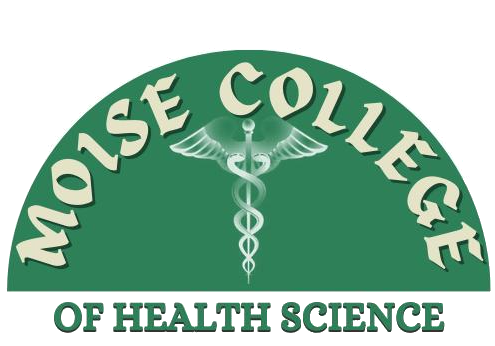Associate Degree
Graduates of this program are eligible to apply to the Florida Board of Nursing to take the NCLEX examination to become Registered Nurses. Registered Nurses (RNs) provide and coordinate patient care, educate patients and the public about various health conditions, and provide advice and emotional support to patients and their family members. The employment of registered nurses is projected to grow 15 percent from 2016 to 2026, much faster than the average for all occupations.
Growth will occur for a number of reasons, including an increased emphasis on preventive care; growing rates of chronic conditions, such as diabetes and obesity; and demand for healthcare services to provide care for the baby-boomer generation, as they live longer and lead more active lives. Registered nurses work in hospitals, physicians’ offices, home healthcare services, and nursing care facilities. Others work in correctional facilities or schools or serve in the military.
Source: Bureau of Labor Statistics, U.S. Department of Labor, Occupational Outlook Handbook,
Registered Nurses, on the Internet at https:// www.bls.gov/ooh/healthcare/ registered-nurses.htm.
Program Description
The Associate of Science Degree in Nursing Program prepares graduates to practice within the Registered Nurse’s scope. Students are trained to assess, plan and provide direct patient care and be contributing members of health care teams. The Associate of Science Degree in Nursing Program is up to 2 years in length and completed over three 16-week semesters per year.
Nursing (AS): Additional Programming Information
Clinical courses include clinical simulation experiences, as well as actual onsite experiences. Students taking classes online will attend laboratory sessions on campus and online. Clinical policies for standards of conduct shall be enforced in lab sessions and clinical sessions. Students attending at a distance who do not manage their distance education experience appropriately and timely will be asked to return to campus or withdraw from their studies. Please see standards of satisfactory progress for minimum grades acceptable for academic progression.
Work Areas:
- Hospitals; state, local, and private
- Nursing and residential care facilities
- Government
- Educational services; state, local, and private
- Ambulatory healthcare services
Ambulatory healthcare services include industries such as physicians’ offices, home healthcare, and outpatient care centers. Nurses who work in home health travel to patients’ homes; public health nurses may travel to community centers, schools, and other sites.
The employment of registered nurses is projected to grow 9 percent from 2020 to 2030, about as fast as the average for all occupations.

.
Why Attend Moise College?
Moise College is convenient to accelerate your career for those who want to earn their degree faster while working. We prepare our students for the future by encouraging and supporting them in their programs of study.
Our goal is to increase our students’ retention and graduation rates by enhancing each student’s experience through programs and services that focus on academic, emotional, spiritual, wellness, and student success regardless of race, color, national origin, religion, and sex.

